

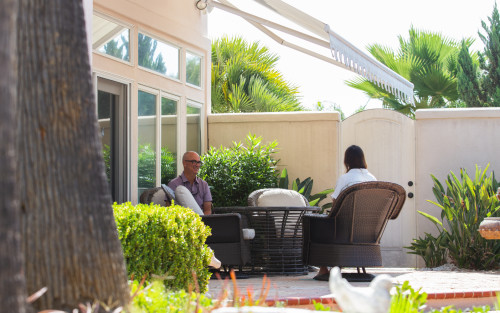
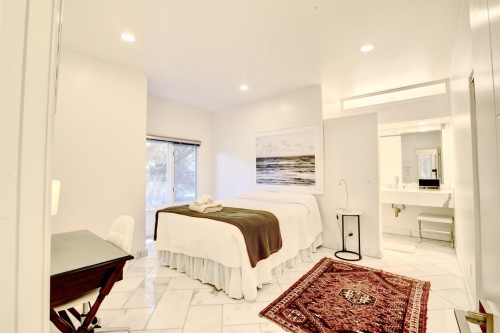





AToN Center
Verified Center
This provider's information has been quality-checked by Recovery.com's Research Team for accuracy and completeness, including center verification through appropriate third-party organizations.
Treatment Focus
This center treats substance use disorders and co-occurring mental health conditions. Your treatment plan addresses each condition at once with personalized, compassionate care for comprehensive healing.
Primary Level of Care
Offering intensive care with 24/7 monitoring, residential treatment is typically 30 days and can cover multiple levels of care. Length can range from 14 to 90 days typically.
Treatment Focus
This center treats substance use disorders and co-occurring mental health conditions. Your treatment plan addresses each condition at once with personalized, compassionate care for comprehensive healing.
Primary Level of Care
Offering intensive care with 24/7 monitoring, residential treatment is typically 30 days and can cover multiple levels of care. Length can range from 14 to 90 days typically.
Provider's Policy
AToN Center is an Anthem Blue Distinction Center. They are in network with Blue Cross Blue Shield and Anthem, and work with most PPO insurance plans which can cover 100% of treatment after deductibles. AToN's intake team can provide a free and confidential verification of benefits so that you have a clear picture of the cost of treatment at our facility. This will enable you to maximize your insurance benefits and know what to expect. They DO NOT Accept Medicaid, Medicare, or MediCal.
AToN Center
AToN Center
About AToN Center
AToN is a peaceful, private retreat in sunny California, designed to help residents break free from struggles with substances and co-occurring mental health conditions. This center offers a luxurious escape with beautiful estates, each housing only 6 people, so residents get lots of personal attention. The detox and residential programs combine proven therapies with relaxing, holistic therapies to help residents feel better in mind and body.
Feel Unwavering Support
At AToN Center, they understand that one size does not fit all, so they offer a mix of therapies designed to help residents find their way back to themselves. The 3:1 staff to resident ratio creates a close-knit environment where residents feel seen, heard, and fully supported by the team. However, at AToN, it’s not just about therapy—it’s about feeling good inside and out. Residents get to experience relaxing massages, calming yoga, and creative art classes designed to nourish mind, body, and spirit.
Heal without Sacrificing Comfort
At AToN Center, residents find themselves in a lush haven where each room in the estate offers a place for peace and reflection. The gardens outside, a pool, and a soothing jacuzzi all contribute to the resort-like feel of this center. While the surroundings certainly help impact the experience, the team at AToN helps clients truly feel cared for while in treatment. The on-site chefs can cater to any dietary need, making sitting down for a meal enjoyable and stress-free. The team has cultivated a relaxed, supportive experience, where residents can connect with others but have plenty of personal space as they embark on their recovery.
Stay on Track after Treatment
Leaving treatment doesn’t mean leaving support. AToN’s aftercare is like having a reliable GPS for the new life ahead. Regular check-ins help residents navigate any bumps in the road and cheer them on. Residents can also plug into a supportive community of people who get it. Plus, they throw alumni events, bringing everyone together to reinforce the sense of belonging.

Highlights from the Center
Highlights
These highlights are provided by and paid for by the center.
Holistic Approach
Concierge Approach
5+ Individual Sessions a Week
Tech Friendly
Center Overview
Treatment Focus
This center treats substance use disorders and co-occurring mental health conditions. Your treatment plan addresses each condition at once with personalized, compassionate care for comprehensive healing.
Joint Commission Accredited
The Joint Commission accreditation is a voluntary, objective process that evaluates and accredits healthcare organizations (like treatment centers) based on performance standards designed to improve quality and safety for patients. To be accredited means the treatment center has been found to meet the Commission's standards for quality and safety in patient care.

AToN Center
Insurance Accepted
Cash Pay Rates
Estimated Cash Pay Rate
Center pricing can vary based on program and length of stay. Contact the center for more information. Recovery.com strives for price transparency so you can make an informed decision.




Recovery.com Verified Listing
Recovery.com verified that the name, location, contact information and license to operate for this treatment provider are valid and up-to-date.

Joint Commission Accredited

Licensed by California DHCS

NAATP Member
Recovery.com is an independent, third-party mental health resource. Verification does not imply endorsement and does not guarantee the quality of treatment services.
Meet Your Care Team

Dr. Leslie Sanders
Program Director
Psy.D.
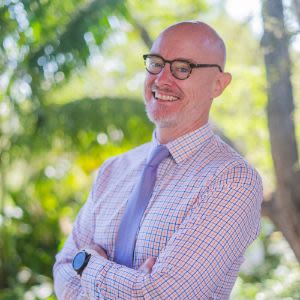
Dr. Kevin Murphy
Clinical Director and Director of Utilization Review
Psy.D.

Dr. Christian Small
Medical Director
MD

James Reed
Director of Intake
RADT
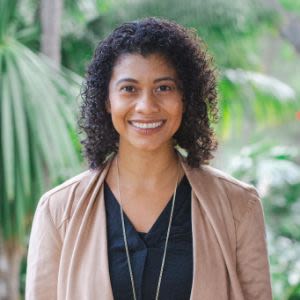
Dr. Alicia Tolerico
Psychologist
Psy.D.
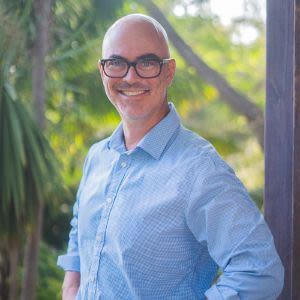
Chris McDuffie
Clinician
MSW, CADAC11

Laura Mouanoutoua
Clinician
MSW
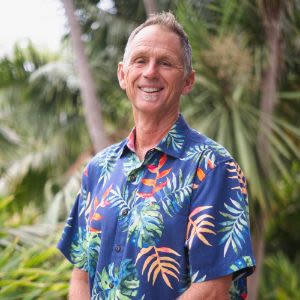
Rob Brockman
Clinician
LAADC, ICAADC
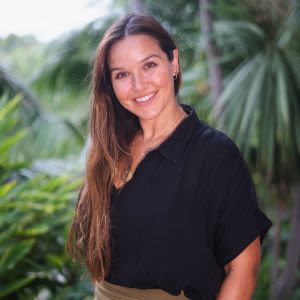
Pat Brady
Director of Operations & Outreach
MA
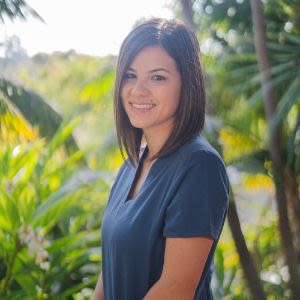
Geanna K.
Nursing Supervisor
R.N.
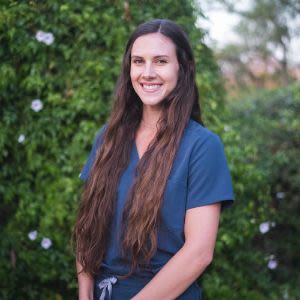
Liz D.
Nursing Supervisor
R.N.
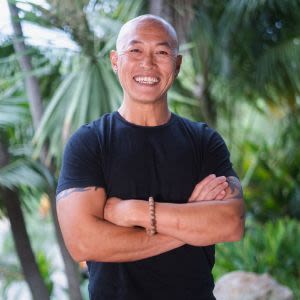
Dee Tran
Chef
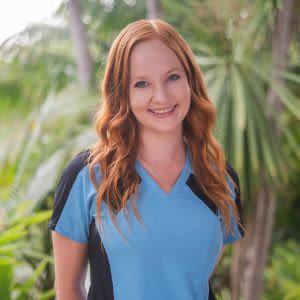
Katey A.
Lead Nurse
R.N.

Brad Tunis
Hypnotherapist
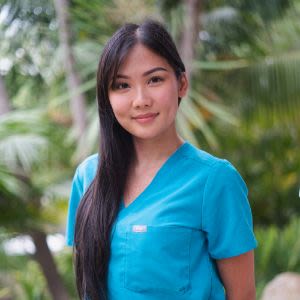
Meexia C.
Nursing Supervisor
R.N.
Your Care Options
Specializations
Alcohol
Using alcohol as a coping mechanism, or drinking excessively throughout the week, signals an alcohol use disorder.
Cocaine
Cocaine is a stimulant with euphoric effects. Agitation, muscle ticks, psychosis, and heart issues are common symptoms of cocaine abuse.
Executives
Executive treatment programs typically directly support the needs of people who manage businesses and may provide flexible schedules and office space to allow work during treatment.
Heroin
Heroin is a highly addictive and illegal opioid. It can cause insomnia, collapsed veins, heart issues, and additional mental health issues.
Opioids
Opioids produce pain-relief and euphoria, which can lead to addiction. This class of drugs includes prescribed medication and the illegal drug heroin.
Prescription Drugs
It's possible to abuse any drug, even prescribed ones. If you crave a medication, or regularly take it more than directed, you may have an addiction.
Professionals
Busy, high-ranking professionals get the personalized treatment they need with greater accommodations for work, privacy, and outside communication.
Who We Treat
Older Adults
Addiction and mental health treatment caters to adults 55+ and the age-specific challenges that can come with recovery, wellness, and overall happiness.
Executives
Executive treatment programs typically directly support the needs of people who manage businesses and may provide flexible schedules and office space to allow work during treatment.
Young Adults
Emerging adults ages 18-25 receive treatment catered to the unique challenges of early adulthood, like college, risky behaviors, and vocational struggles.
LGBTQ+
Addiction and mental illnesses in the LGBTQ+ community must be treated with an affirming, safe, and relevant approach, which many centers provide.
Midlife Adults
For adults ages 40+, treatment shifts to focus on the unique challenges, blocks, and risk factors of their age group, and unites peers in a similar community.
Professionals
Busy, high-ranking professionals get the personalized treatment they need with greater accommodations for work, privacy, and outside communication.
Treatment Services
Detox
Detox fully and safely removes toxic substances from the body, allowing the next steps in treatment to begin with a clean slate.
Residential
In a residential rehab program, patients live onsite, with access to daily treatment and 24-hour care. An average stay is 30-90 days.
Approaches
Evidence-Based
A combination of scientifically rooted therapies and treatments make up evidence-based care, defined by their measured and proven results.
Holistic
A non-medicinal, wellness-focused approach that aims to align the mind, body, and spirit for deep and lasting healing.
Non 12 Step
Non-12-Step philosophies veer from the spiritual focus of the 12-Steps and instead treat the disease of addiction with holistic or secular modalities.
Personalized Treatment
The specific needs, histories, and conditions of individual patients receive personalized, highly relevant care throughout their recovery journey.
Twelve Step
Incorporating spirituality, community, and responsibility, 12-Step philosophies prioritize the guidance of a Higher Power and a continuation of 12-Step practices.
Therapies
1-on-1 Counseling
Patient and therapist meet 1-on-1 to work through difficult emotions and behavioral challenges in a personal, private setting.
Meditation & Mindfulness
A practiced state of mind that brings patients to the present. It allows them to become fully aware of themselves, their feelings, and the present moment.
Online Therapy
Patients can connect with a therapist via videochat, messaging, email, or phone. Remote therapy makes treatment more accessible.
Mindfulness Therapy
This ancient practice can be mental, emotional, and even spiritual. In meditation, you focus your attention on the present moment without judgement.
Animal Therapy
Animals can inspire trust and self-worth. In this experiential therapy, guided interactions are used to improve social skills and emotion regulation.
Eye Movement Therapy (EMDR)
Lateral, guided eye movements help reduce the emotional reactions of retelling and reprocessing trauma, allowing intense feelings to dissipate.
Substances We Treat
Alcohol
Using alcohol as a coping mechanism, or drinking excessively throughout the week, signals an alcohol use disorder.
Benzodiazepines
Benzodiazepines are prescribed to treat anxiety and sleep issues. They are highly habit forming, and their abuse can cause mood changes and poor judgement.
Co-Occurring Disorders
A person with multiple mental health diagnoses, such as addiction and depression, has co-occurring disorders also called dual diagnosis.
Cocaine
Cocaine is a stimulant with euphoric effects. Agitation, muscle ticks, psychosis, and heart issues are common symptoms of cocaine abuse.
Drug Addiction
Drug addiction is the excessive and repetitive use of substances, despite harmful consequences to a person's life, health, and relationships.
Ecstasy
Ecstasy is a stimulant that causes intense euphoria and heightened awareness. Abuse of this drug can trigger depression, insomnia, and memory problems.
Heroin
Heroin is a highly addictive and illegal opioid. It can cause insomnia, collapsed veins, heart issues, and additional mental health issues.
Methamphetamine
Methamphetamine, or meth, increases energy, agitation, and paranoia. Long-term use can result in severe physical and mental health issues.
Languages
Aftercare
Care Designed for Your Needs
Personal Amenities
Amenities
Special Considerations
Executive Program
Addiction and mental health treatment for executives typically involves high discretion, greater technology access, and more private, 1-on-1 care.
Flexible technology policies
Centers with flexible technology policies allow professionals to stay in touch with work and give patients a greater sense of connection and normalcy.
Activities
Yoga
Yoga is both a physical and spiritual practice. It includes a flow of movement, breathing techniques, and meditation.
Off-Site Activities
Off-Site Amenities
Learn More About the Center
What is a Luxury Rehab?
Discover how luxury treatment combines reliable treatment methods with premium amenities to nurture mind, body, and spirit.
Supporting a Loved One in Recovery
Find answers to questions and learn how to support a loved one in treatment.
SMART Recovery
Learn how SMART Recovery’s science-based approach empowers with practical tools and self-management skills.
What people are saying
Treatment
5.0
Accommodations
4.9
Food & Nutrition
4.9
Value
4.9
Pros
- Beautiful Location (5)
- Excellent & Effective Treatment Programming (5)
- Personalized (5)
- Gourmet & Nutritious Food (5)
Scott
Treatment in 2021 • (45 days) • Reviewed 01/19/23
Former Client
•Business owner
•Carlsbad
Henry T
Treatment in 2021 • (30 days) • Reviewed 01/19/23
Former Client
•Business Owner
•Solana Beach, CA
Dannie
Treatment in 2024 • (60 days) • Reviewed 05/17/24
Former Client
•Construction
•Los Angeles, CA
Andrew R
Reviewed 07/14/19
Review from Rehabs.com
Keith
Reviewed 08/12/18
Review from Rehabs.com





